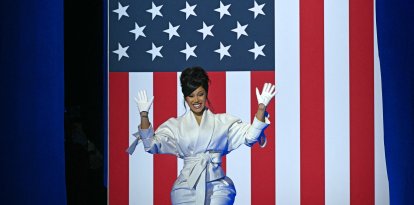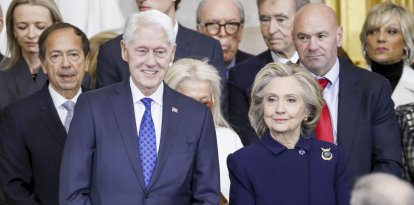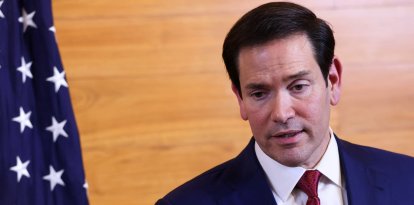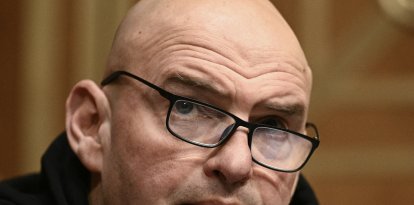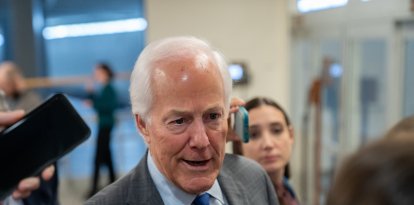The Chinese ambassador to the United States speaks out against "political correctness" in U.S. politics
Xie Feng, who took office at the end of May, said officials who want to improve relations between the two countries are afraid to say so publicly.
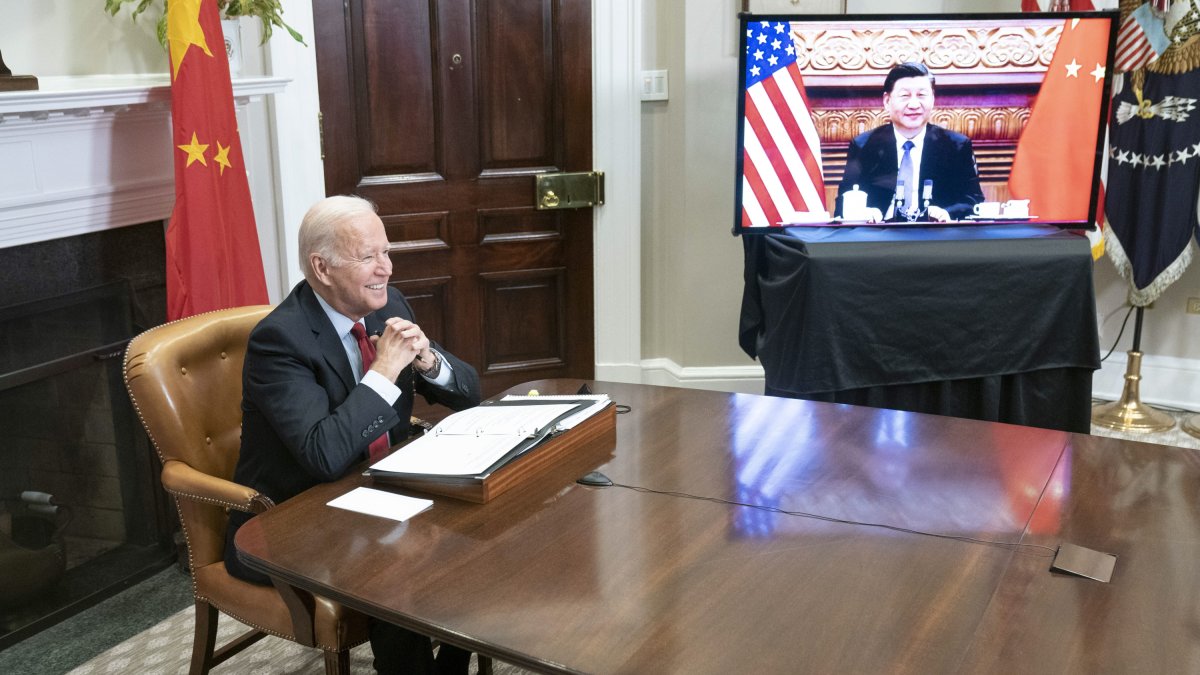
(Cordon Press)
The ambassador of China to the United States said that political correctness complicates bilateral relations between the two countries. According to Xie Feng, those who favor improving diplomacy between Joe Biden and Xi Jinping are afraid to speak out, which he finds “a bit surprising.” With this in mind, he invited those in favor to demonstrate publicly to change the axis of the debate.
Feng took office at the end of May amid rising tensions between Beijing and Washington, DC. For this reason, Antony Blinken traveled to the Asian country in June to try to straighten out bilateral relations. As the State Department made clear at the time, the trip’s primary purpose was to resume normal communication channels to avoid potential conflicts.
As for the ambassador’s statements, he spoke at the Aspen Security Forum, where he clarified that he finds American political correctness “a bit surprising.” Specifically, he stated that many politicians and diplomats favor strengthening U.S.-China relations but are reluctant to say so for fear of being canceled.
“They seem to be reticent under the recent chilling effect, and they tend to restrain from making their views out under the so-called anti-China chorus. There are some hiding in the darkness, afraid of being crushed. So one of my jobs here, I think, is to seek them out,” he said.
“I am one, but we are many. So I hope that all of you will join hands with me to seek them out and to contribute together to this relationship,” he added in his speech.
No to the trade war
Feng also spoke about the past, present and future of trade relations between Beijing and Washington. While clarifying that the Chinese Communist Party is not interested in a trade war, he explained that they are open to retaliate if the United States issues more sanctions and restrictions on technology and trade.
“China does not shy away from competition, but the definition of competition by the U.S. side, I think, is not fair. The United States is trying to win by keeping China out. Definitely, it’s not our hope to have a tit-for-tat. We don’t want a trade war, technological war. We want to say goodbye to the Iron Curtain, as well as the Silicon Curtain,” he said.














